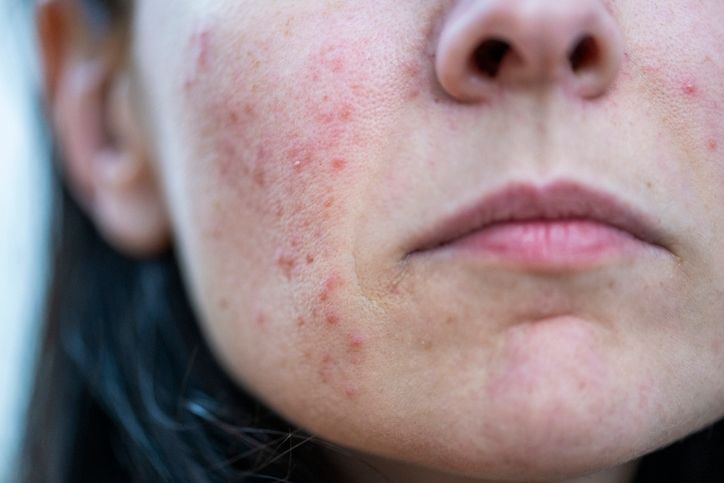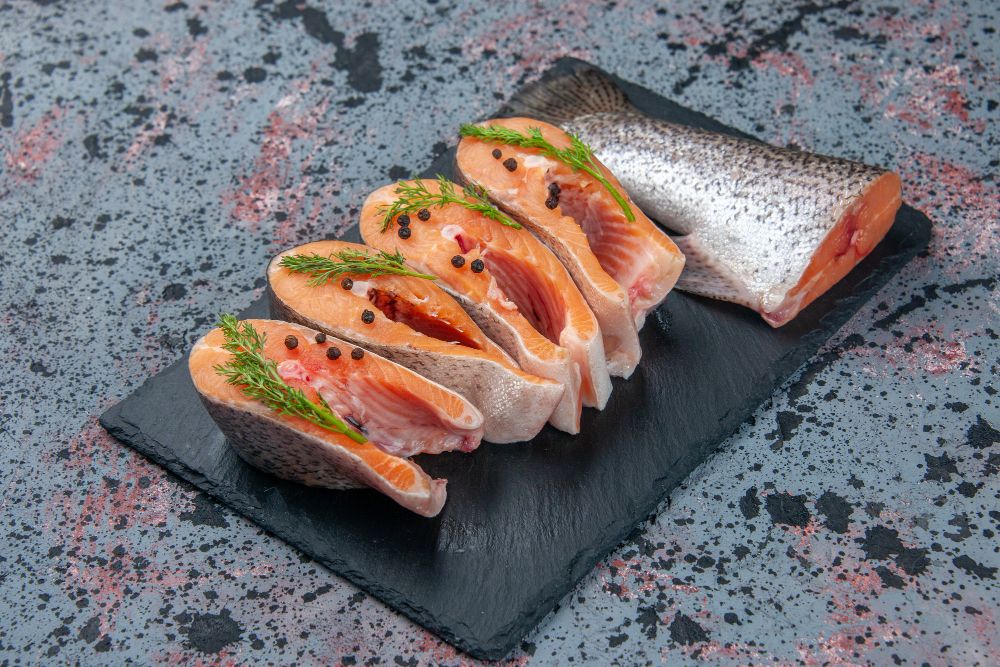
Book Now to Experience
Acne Treatment
1 Minute Self-Registration
Date should not be before minimal date
Author: Natalie Ng|20 April 2025
Blackheads happen when hair follicles get clogged with oil, dead skin cells, and sometimes bacteria. This is especially common for people with oily or acne-prone skin, as the extra oil makes it easier for pores to become blocked. You’ll usually find them on the nose, chin, or forehead. Hormonal changes, pore-clogging products, or not cleansing properly can make blackheads worse. While they’re not usually painful, they can lead to irritation and more breakouts if left untreated. Once you know what's behind them, it's much easier to take action and finally clear up your skin.

1
How Are Blackheads Formed? What Causes Them?
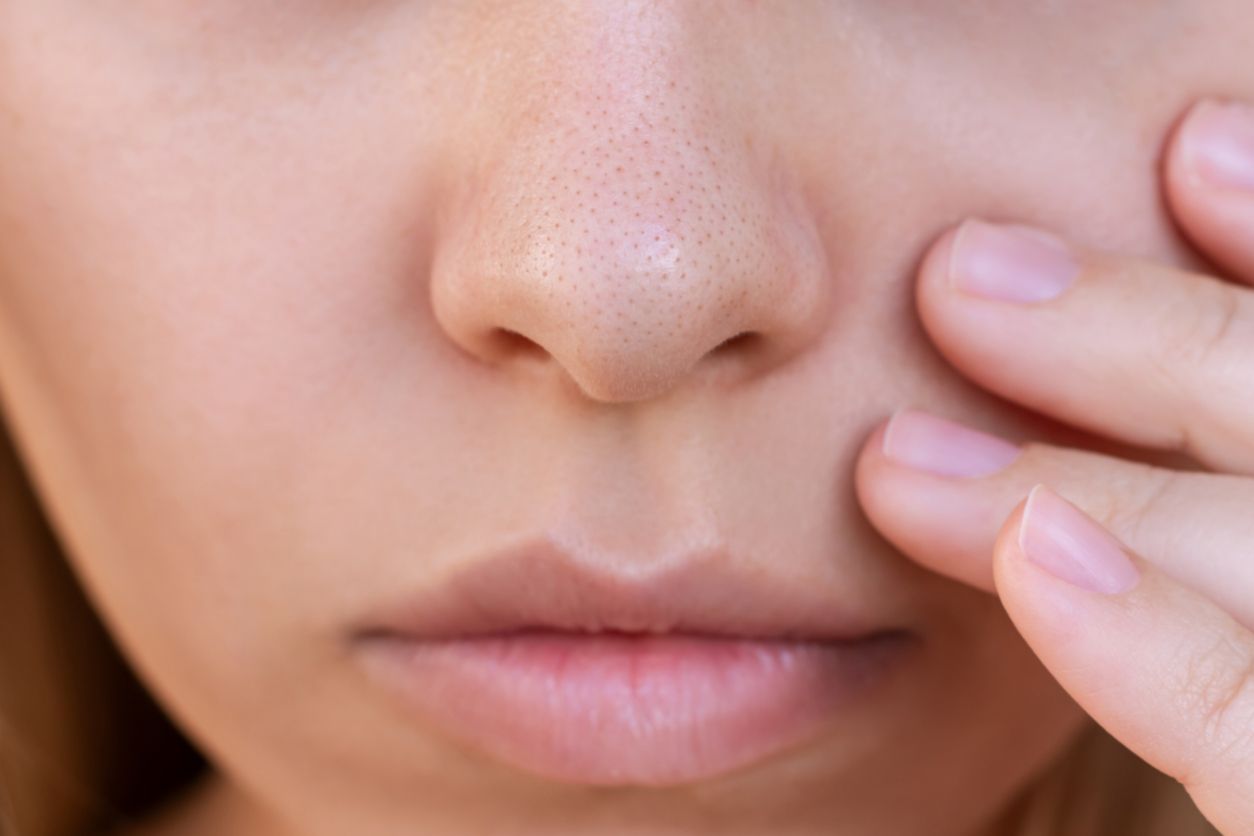
Overproduction Of Oil
Where Blackheads Show Up Most


2
Your Way To Achieve Clear Skin:
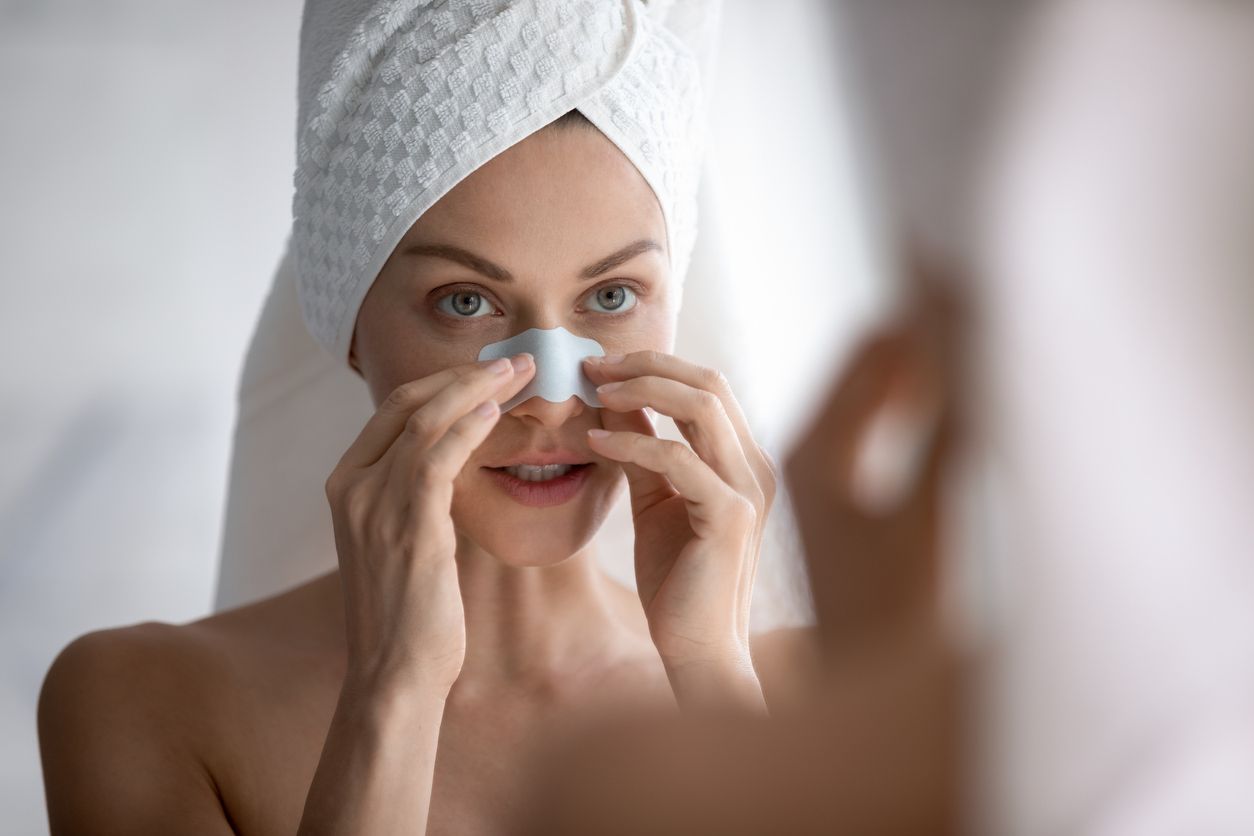
1. Prevent Blackheads With A Proper Daily Cleansing Routine
Read More

3
Tackle Blackheads With These Products and Ingredients
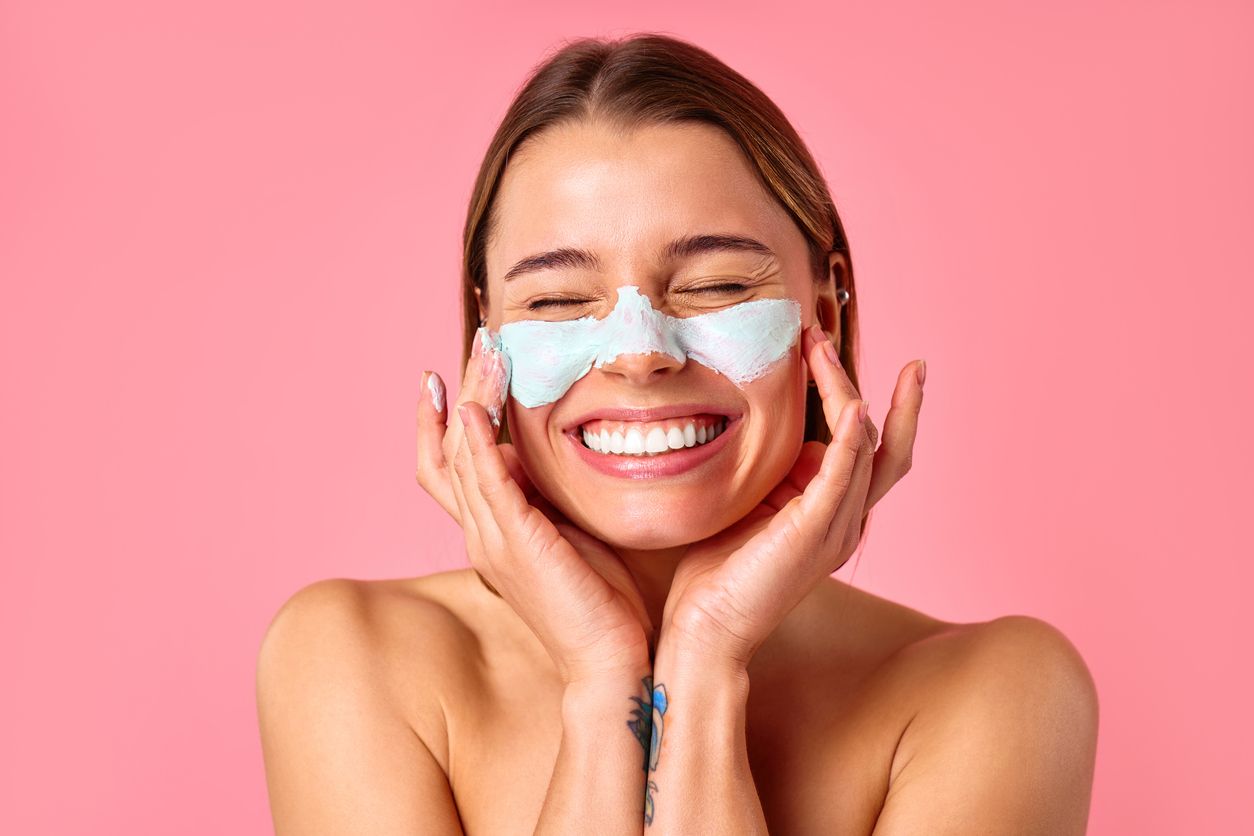
1. Benzoyl Peroxide vs. Salicylic Acid
2. Natural Blackhead Fighting Ingredients
3. Best Blackhead Removal Tools


4
Get Rid Of Blackheads With These Natural Remedies and DIY Solutions
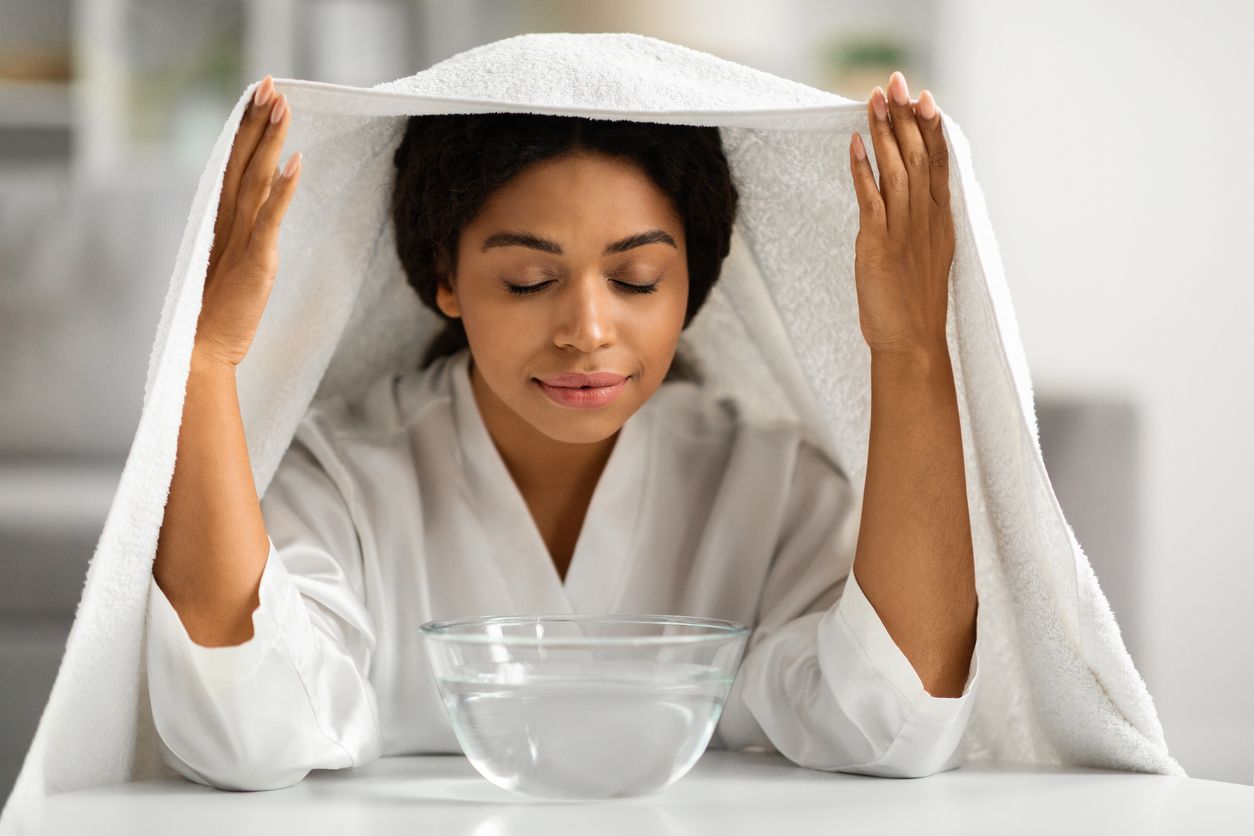
1. Steam and Clay Masks
2. Honey-Lemon Face Scrub

Book Now to Experience
Acne Treatment
1 Minute Self-Registration
Date should not be before minimal date

5
Common Mistakes to Avoid When Treating Blackheads
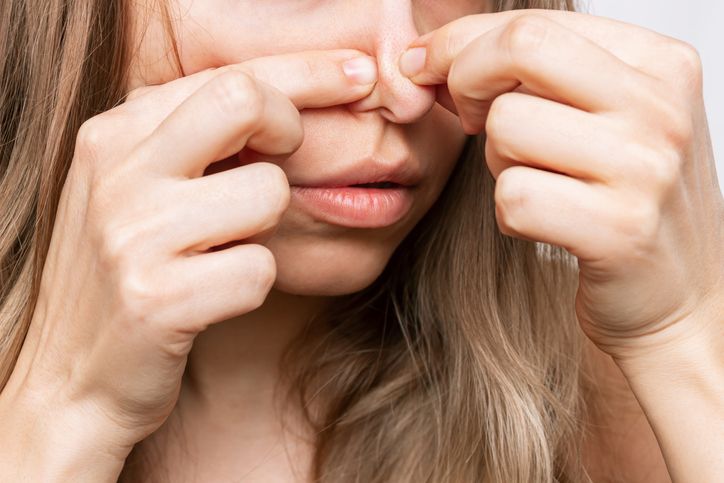
1. Overusing Harsh Scrubs
2. Picking or Squeezing Blackheads
3. Over-Washing Your Face
4. Using Treatments Without Understanding Your Skin
5. Focusing on Quick-Fix Solutions


6
The Acne Treatment: A Solution for Blackheads and More
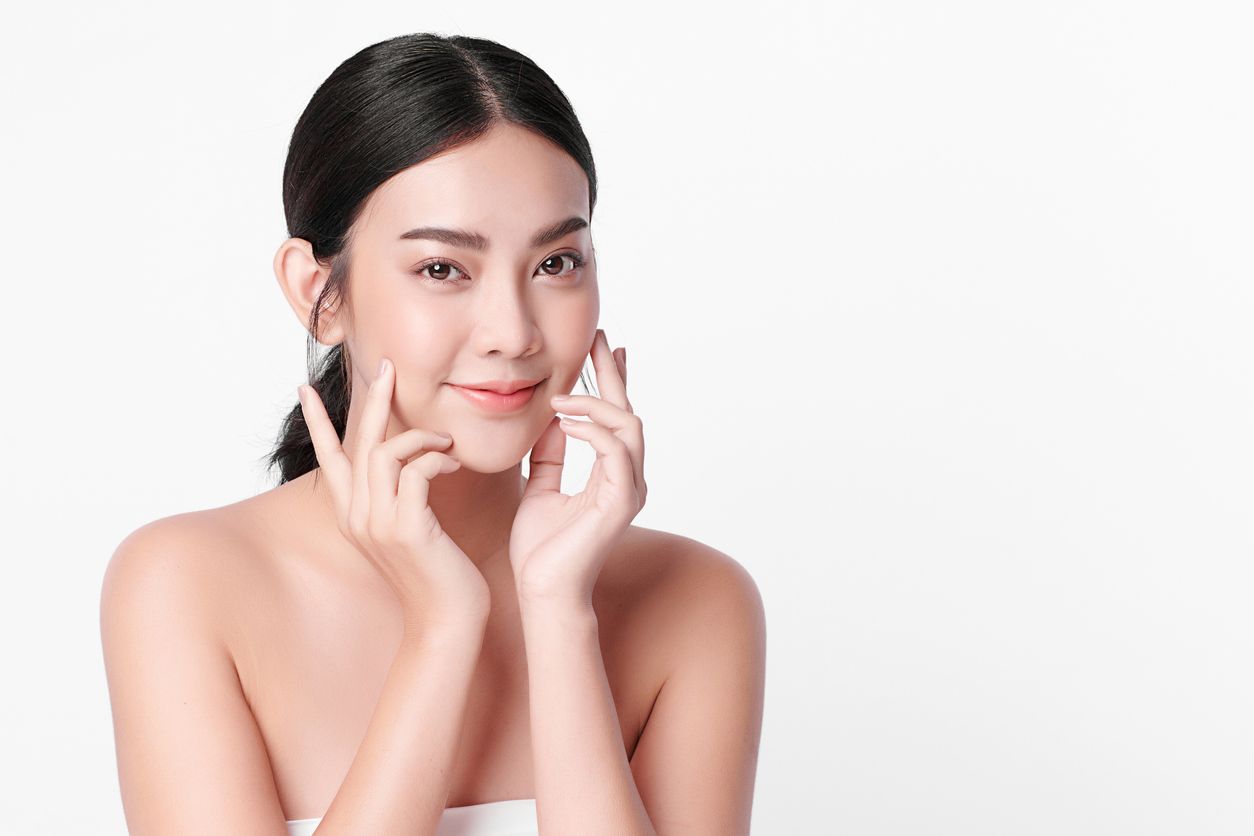
What is Acne Treatment?
How the Treatment Works
Benefits of Acne Treatment for Blackheads
What to Expect After Acne Treatment
Read More

7
Lifestyle Changes to Keep Blackheads Away

1. Establish a Consistent Cleansing Routine
2. Keep Hair Away from Your Face
3. Stay Hydrated and Eat a Balanced Diet
4. Avoid Touching Your Face
5. Clean Items That Come into Contact with Your Skin
6. Use Non-Comedogenic Products
7. Exercise Regularly
8. Reduce Stress
9. Remove Makeup Before Bed
FAQ
Can Wearing Makeup Daily Increase the Likelihood of Developing Blackheads?
Daily makeup wear can indeed increase your likelihood of developing blackheads, especially when you're using pore-clogging, comedogenic products. Your skin's natural oils combine with makeup residue, dead skin cells, and environmental debris, leading to blocked pores that form blackheads. This risk increases considerably if you don't thoroughly remove your makeup before bed or if you're using oil-based cosmetics that aren't labeled non-comedogenic.
Are Blackheads More Common in Teenagers Than Adults?
Those pesky little skin surprises are indeed more prevalent during your teenage years, primarily due to hormonal changes that increase sebum production in your skin. While you'll typically see more blackheads during adolescence, they can persist into adulthood, especially if you're genetically predisposed or have oily skin. Your hormones, specifically androgens, reach their peak during puberty, which explains why teenagers often experience more frequent breakouts than adults.
Do Blackheads Always Return After Being Removed?
While blackheads can return after removal, you can prevent their recurrence through consistent skincare practices. Your pores naturally produce sebum and collect dead skin cells, which means blackheads may reappear if you don't maintain proper cleansing routines. However, you'll considerably reduce their return by regularly exfoliating, using non-comedogenic products, and implementing a targeted skincare regimen that includes retinoids or salicylic acid.
Can Certain Foods in Your Diet Trigger More Blackheads?
While you might've heard that chocolate causes breakouts, the relationship between diet and blackheads is more complex. Foods high in refined sugars, dairy products, and processed carbohydrates can trigger increased oil production in your skin, leading to more blackheads. You'll want to watch your intake of these foods, along with greasy items that can clog pores directly. Instead, focus on whole grains, lean proteins, and antioxidant-rich vegetables.
Is It Safe to Remove Blackheads During Pregnancy?
While it's generally safe to remove blackheads during pregnancy, you'll need to be cautious about the methods you choose. Avoid harsh chemicals, retinoids, and salicylic acid-based products, as these can potentially harm your developing baby. Instead, opt for gentle physical extraction using clean hands or a comedone extractor, or try natural methods like steam and clay masks, which are pregnancy-safe alternatives for managing your skin concern.

Book Now to Experience
Acne Treatment
1 Minute Self-Registration
Date should not be before minimal date
Recommended Articles
COPYRIGHT© NEW BEAUTY MANAGEMENT LIMITED 2026. ALL RIGHT RESERVED.

